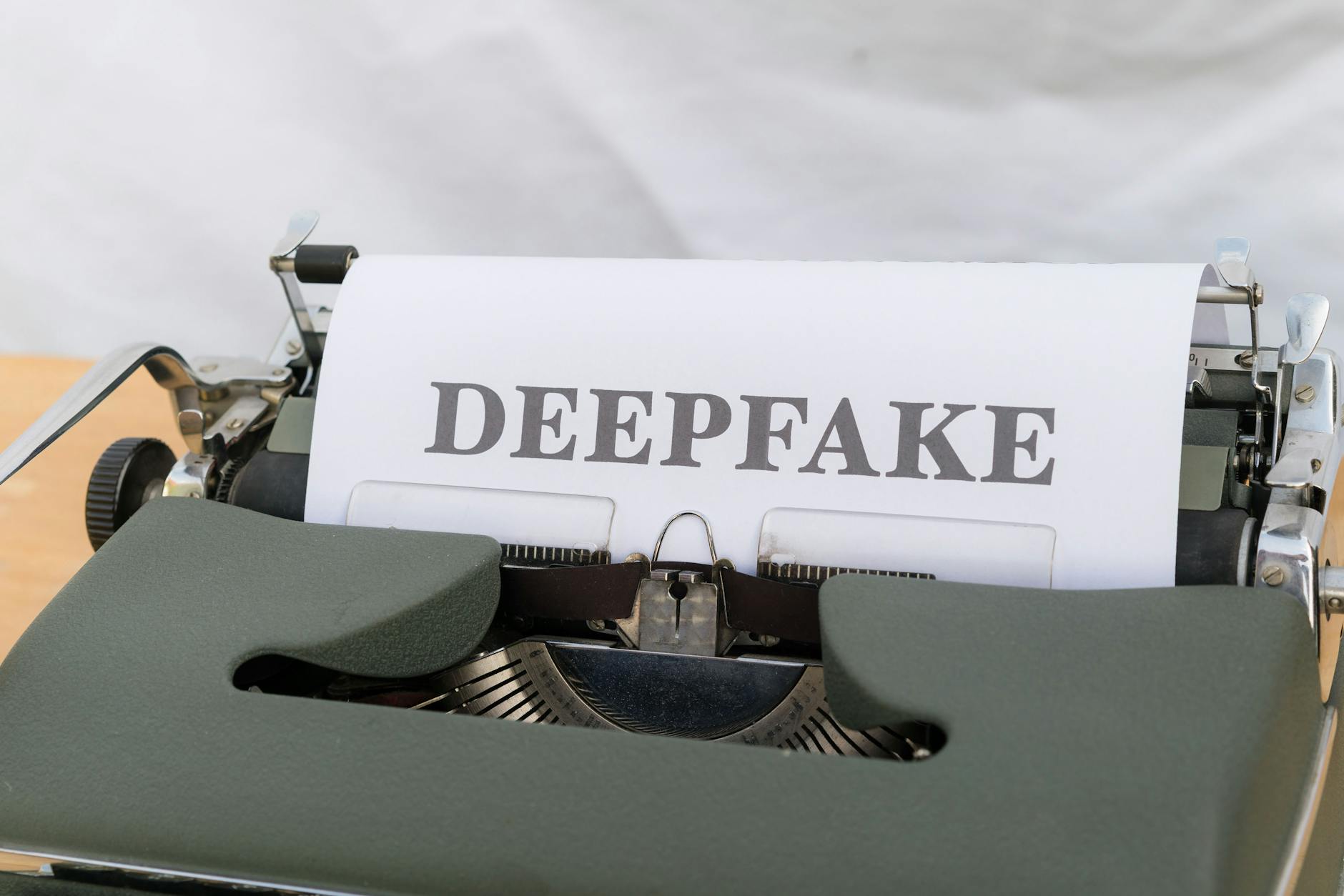In a decisive move to enhance transparency and trust, Deezer has started labeling albums containing AI-generated tracks, tackling the issue of streaming fraud head-on. This initiative comes as Deezer reports a significant surge in AI-produced music, with a fraction of daily uploads designed predominantly to manipulate stream counts and fraudulently claim royalties.
By implementing AI Detection technology, Deezer is not only addressing an immediate fraud concern but also setting a precedent for digital services platforms. The music streaming service reveals that a staggering 18% of new daily tracks are AI-generated. However, the concern intensifies with Deezer's finding that about 70% of the streams from these tracks are inauthentic, artificially inflating viewer counts and skewing royalty distributions. To combat this, identified AI-generated tracks will now be excluded from editorial and algorithm-based recommendations, and more critically, these fraudulent streams will be omitted from royalty calculations.
The technological backbone of this initiative includes two patents applied for by Deezer in December 2024, focusing on distinguishing synthetic from authentic content. As noted by Deezer CEO Alexis Lanternier, this move is not just about curbing fraud but also about fortifying the rights of artists and songwriters in an era where copyright laws are increasingly challenged by the emergence of AI in creative domains.
This strategic shift by Deezer underscores a broader industry imperative: the need for transparency and accountability in content generation and distribution. By labeling AI-generated music, Deezer not only aids users in identifying AI-created content but also fosters a more honest ecosystem where human creativity is clearly distinguished from its synthetic counterparts.
As discussed in a recent Radom Insights post, the intersection of technology and traditional business models frequently necessitates novel regulatory and operational approaches. Similar to how the cryptocurrency sector has evolved with enhanced compliance measures, the music streaming industry, too, must adapt to the challenges posed by technological advancements like AI.
Indeed, the repercussions of Deezer's new policy could ripple across all media platforms, influencing how content is generated, shared, and monetized in an increasingly digital economy. Platforms across various sectors may need to consider how transparency and technology can coalesce to not only protect but also empower genuine content creators.
In conclusion, as the digital landscape continues to evolve, initiatives like Deezer's could become essential benchmarks for integrity and innovation, ensuring that the digital and creative economies remain both vibrant and viable. This proactive approach might very well shape the future frameworks of digital content consumption and creation-where technology enhances rather than obscures the value of human creativity.



